Events
-
-

Remembrance Day in Canada
Remembrance Day in Canada is to honor the members of the armed forces who served and sacrificed in wars, conflicts, and peacekeeping missions. The day commemorates the end of World War I, which formally concluded with the signing of the Armistice on November 11, 1918, at 11:00 AM.
-

Armistice Day in France
Armistice Day commemorates the end of World War I and honors all soldiers who died for France, not only in World War I but in all wars.
-

Sint Maarten's Day
Sint Maarten’s Day commemorates both the naming of the island by Columbus in 1493 and honors Saint Martin of Tours. Today, it is a public holiday of unity, jointly celebrated by French Saint-Martin and Dutch Sint Maarten with ceremonies, cultural festivities, and community pride.
-
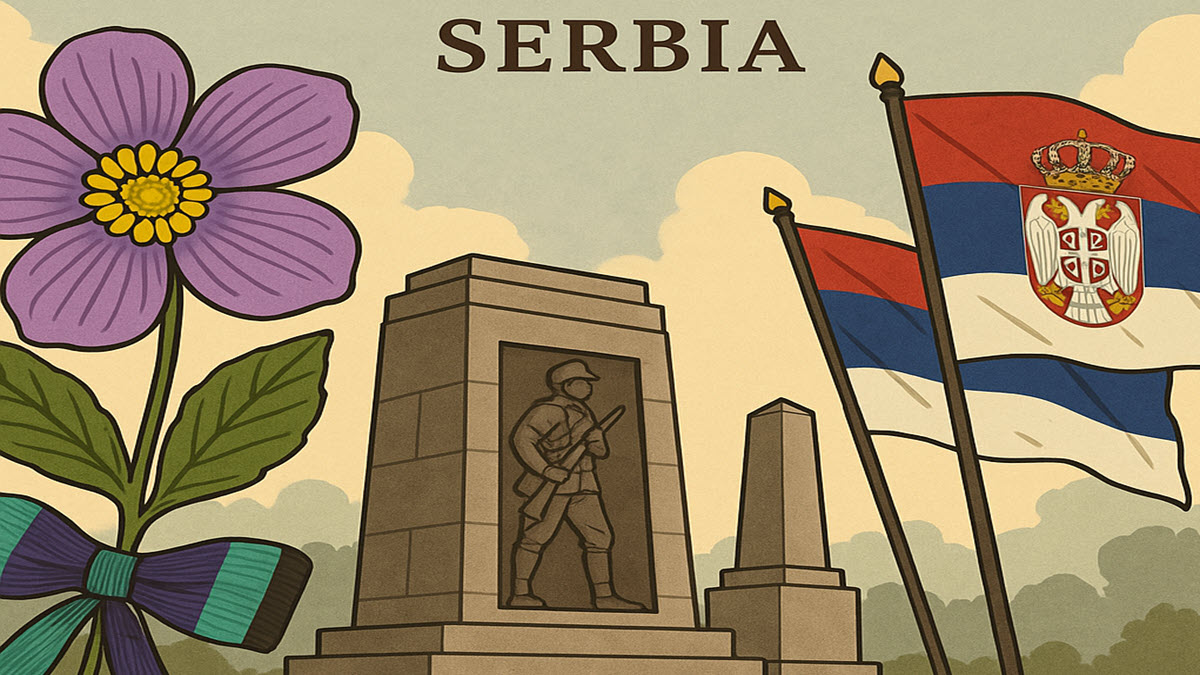
Armistice Day (Serbia)
Armistice Day in Serbia commemorates the end of World War I and honors Serbian soldiers and civilians who sacrificed their lives. It is symbolized by the Natalie’s Ramonda flower and marked by ceremonies, memorials, and national remembrance.
-
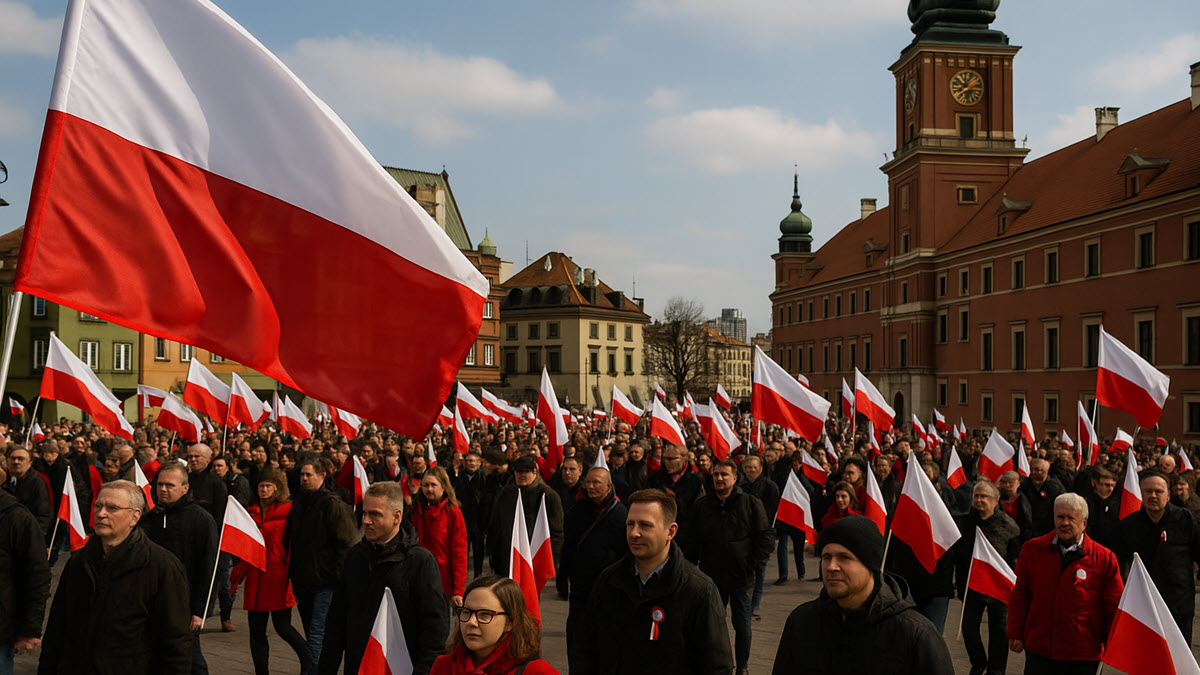
Independence Day (Poland)
Independence Day in Poland marks the country’s regaining of independence in 1918 after 123 years of partitions by Russia, Prussia, and Austria. It honors the restoration of the Polish state and the efforts of national heroes like Józef Piłsudski. It is a symbol of freedom, resilience and unity for the Polish people.
-
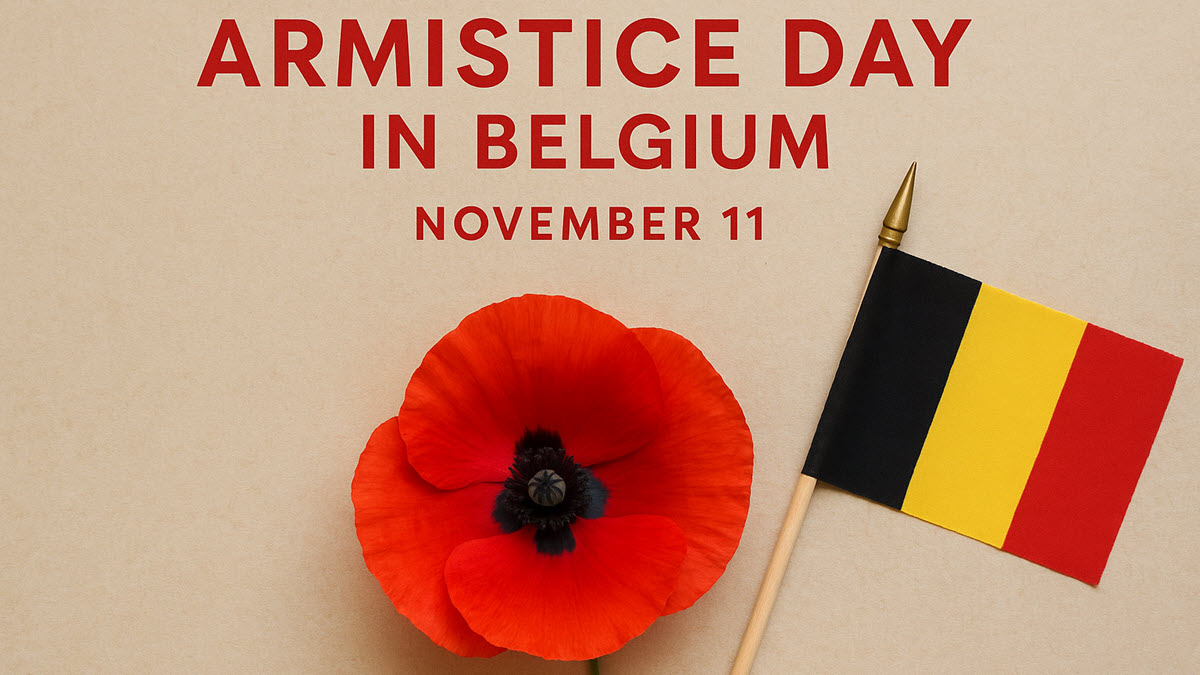
Armistice Day (Belgium)
Armistice Day in Belgium commemorates the end of World War I in 1918 and honors all those who lost their lives in the war and in subsequent conflicts. The day marks the signing of the armistice between the Allies and Germany, which brought peace after four years of devastating fighting, much of it on Belgian soil. It is a day of remembrance, gratitude and reflection on peace and the resilience of the Belgian people.
-
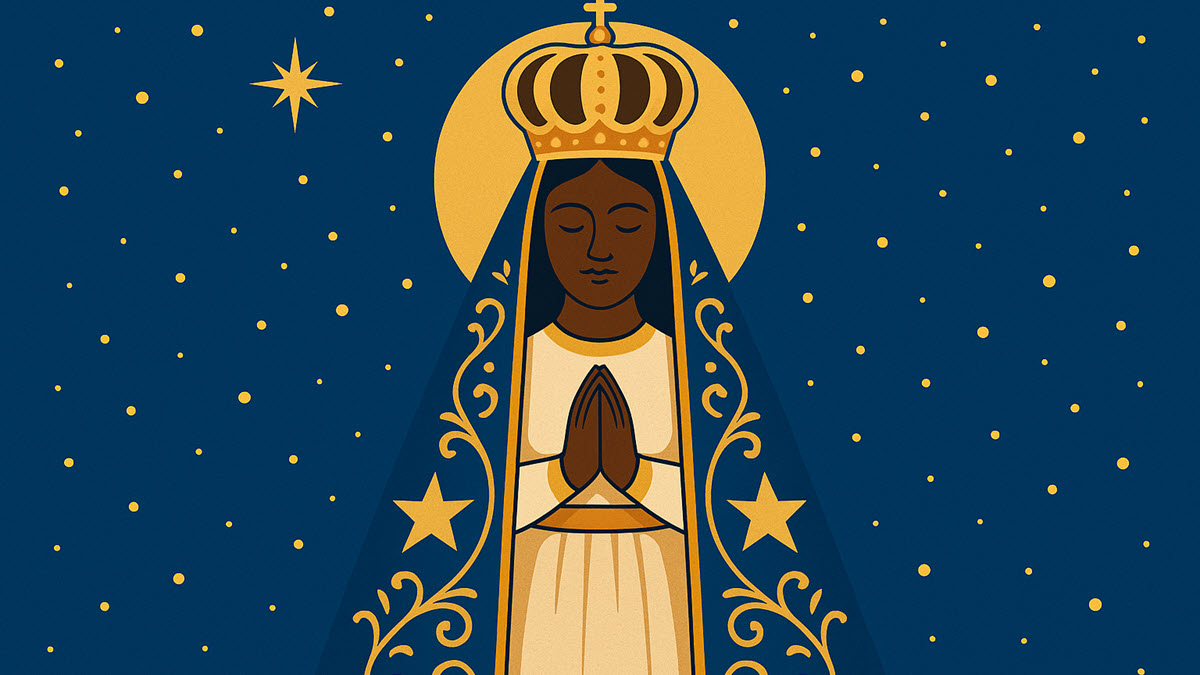
Lady of Aparecida Day (Brazil)
Our Lady of Aparecida Day honors Nossa Senhora Aparecida, the patron saint of Brazil. The day commemorates the 1717 discovery of a small clay statue of the Virgin Mary by fishermen in the Paraíba River, which became a symbol of hope and faith. Over centuries, devotion to Our Lady of Aparecida grew into one of Brazil’s most cherished traditions. Millions of pilgrims visit the Basilica of the National Shrine of Aparecida, one of the largest churches in the world, to pay tribute.
-

Canterbury Anniversary Day
Canterbury Anniversary Day commemorates the arrival of the First Four Ships in 1850 and the founding of the Canterbury Province. Though linked to December 16, it is now observed on the Show Day in November, marked by agricultural fairs, community events and a regional holiday.
-
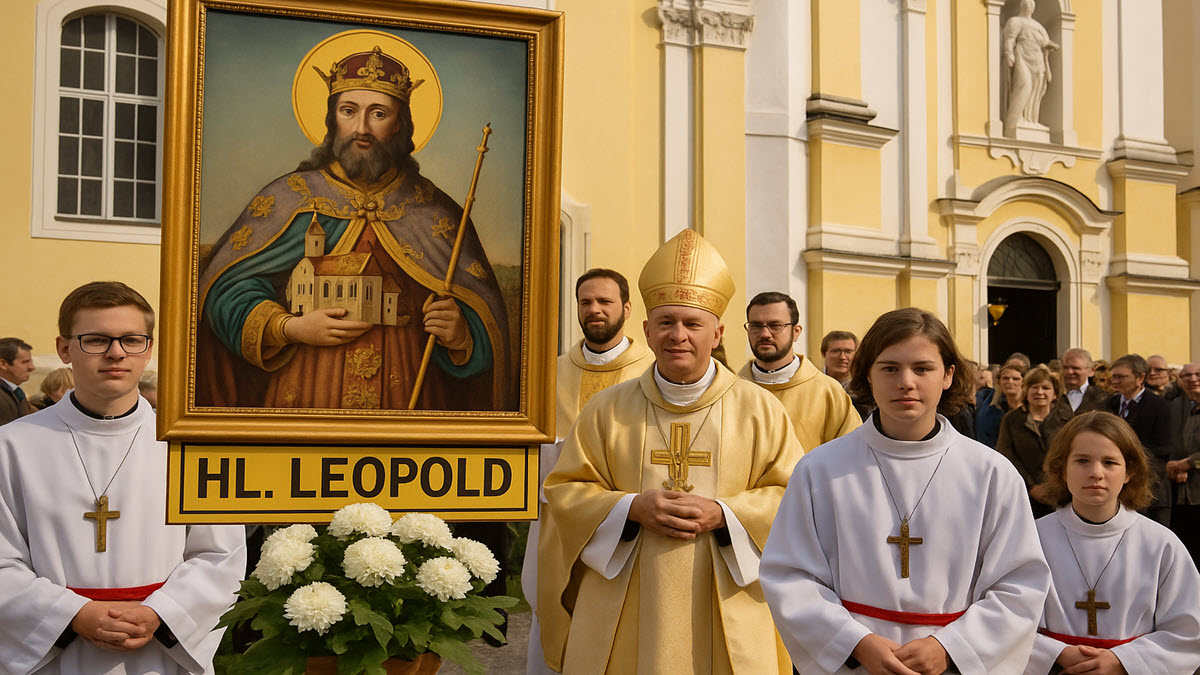
St. Leopold's Day (Austria)
St. Leopold’s Day in Lower Austria is both a religious feast and a regional celebration, reflecting centuries of devotion to the margrave who shaped Austria's early history. The day highlights Lower Austria’s pride in its patron saint and keeps alive traditions that date back to the Middle Ages.
-
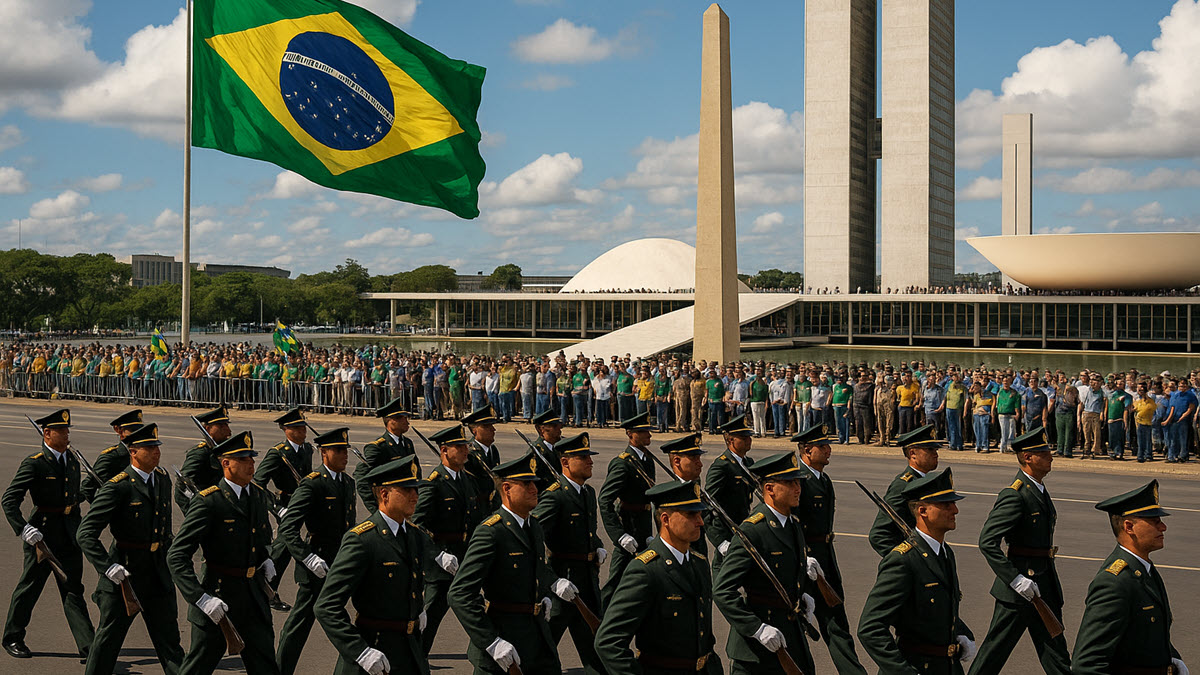
Republic Day (Brazil)
Republic Day in Brazil marks the 1889 proclamation that ended the monarchy and established the Federative Republic of Brazil. The day commemorates the peaceful military movement led by Marshal Deodoro da Fonseca, which ushered in a new era of republican governance. It is observed with civic ceremonies, parades, and educational events, honoring Brazil’s transition to a modern state grounded in citizenship, democracy, and national identity.
-
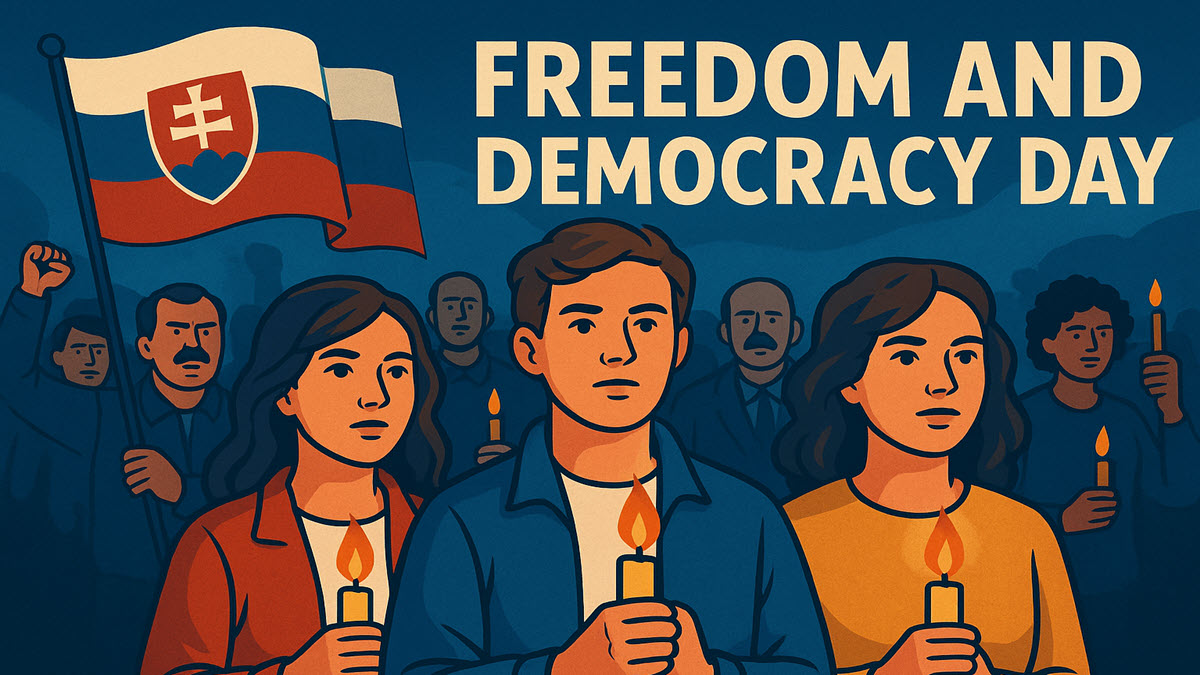
Freedom and Democracy Day (Slovakia)
Freedom and Democracy Day in Slovakia commemorates both the 1939 student protests against Nazi occupation and the 1989 student-led Velvet Revolution, symbolizing the nation’s ongoing commitment to freedom, democracy, and civic courage.
-
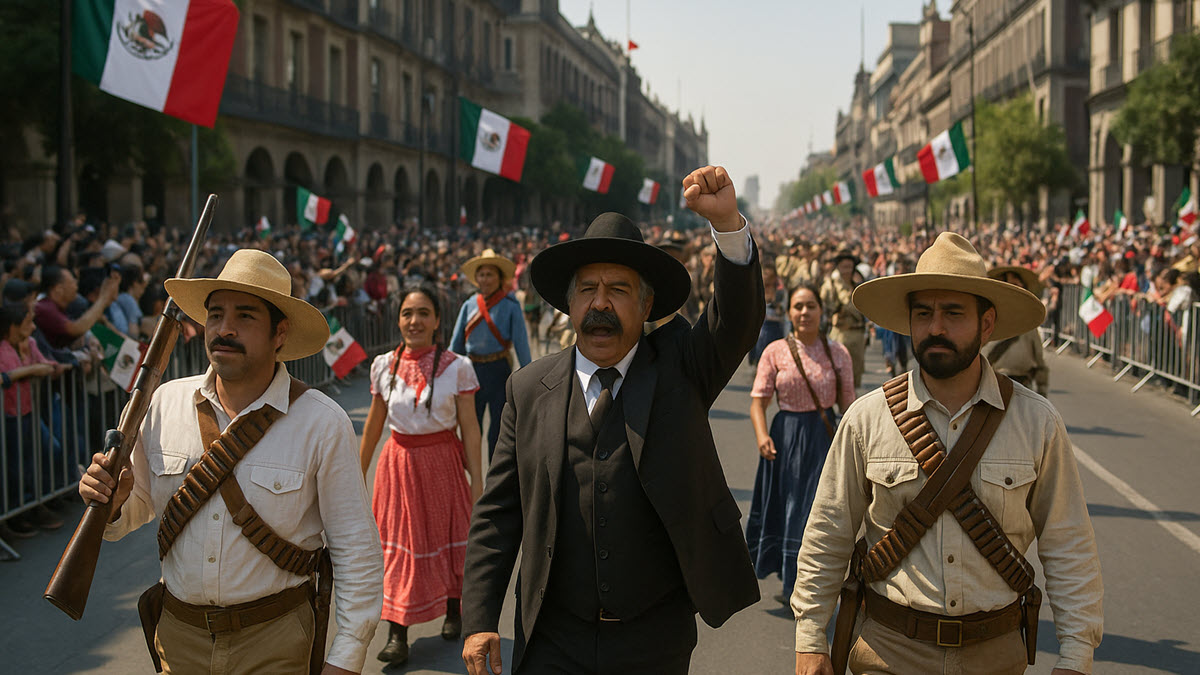
Revolution Day (Mexico)
Revolution Day in Mexico is to commemorate the start of the Mexican Revolution of 1910. This major social and political uprising began when Francisco I. Madero called for an end to the long dictatorship of Porfirio Díaz. The revolution brought significant reforms in land ownership, labor rights, and education, shaping modern Mexico. The day honors the revolution’s heroes and Mexico’s ongoing pursuit of justice, democracy and equality.